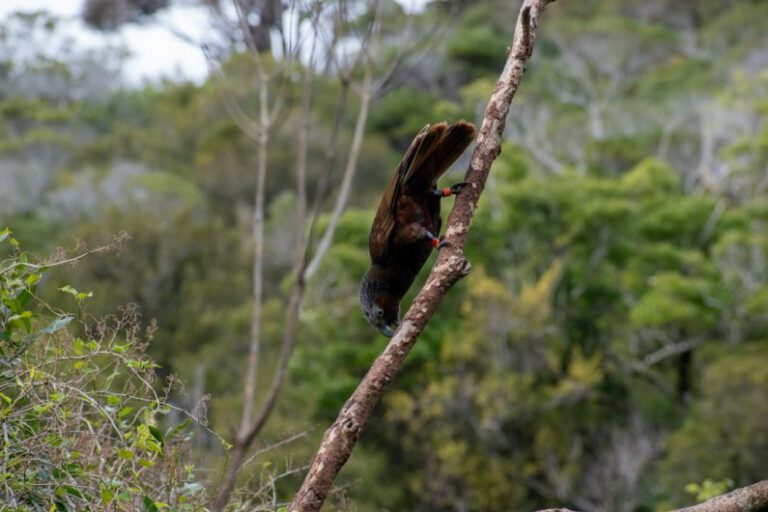Sustainable Seas: Responsible Ocean and Beach Tourism
As global tourism continues to grow, the impact on coastal areas and oceans is becoming increasingly apparent. Sustainable tourism practices are crucial to ensure the preservation of these precious ecosystems for future generations. “Sustainable Seas: Responsible Ocean and Beach Tourism” explores the importance of responsible tourism in protecting our seas and beaches.
Preserving Marine Ecosystems
The oceans cover more than 70% of the Earth’s surface and are home to a vast array of marine life. However, the rapid growth of tourism has led to overdevelopment, pollution, and habitat destruction in coastal areas. Responsible ocean and beach tourism focuses on minimizing these negative impacts to protect marine ecosystems.
By promoting sustainable tourism practices, such as supporting local conservation efforts, reducing waste and plastic use, and respecting marine wildlife, travelers can help preserve the delicate balance of ocean ecosystems. Additionally, choosing eco-friendly accommodations and tour operators that prioritize environmental conservation can make a significant difference in minimizing the impact of tourism on marine habitats.
Supporting Coastal Communities
Responsible tourism not only benefits the environment but also supports local communities that rely on the ocean and beaches for their livelihoods. By engaging in activities that promote cultural exchange and support local businesses, travelers can contribute positively to the economic development of coastal communities.
Many coastal areas depend on tourism as a major source of income, and sustainable tourism practices can help ensure that this economic benefit is shared equitably among local residents. By choosing locally owned accommodations, restaurants, and tour operators, travelers can help support the livelihoods of coastal communities and promote sustainable development in these areas.
Promoting Conservation and Education
One of the key aspects of responsible ocean and beach tourism is promoting conservation and education initiatives that raise awareness about the importance of preserving marine ecosystems. By participating in beach clean-ups, volunteering for marine conservation projects, or joining educational tours led by local experts, travelers can learn more about the challenges facing our oceans and contribute to conservation efforts.
Educating travelers about the importance of marine conservation and sustainable tourism practices can help foster a sense of responsibility and stewardship towards the oceans. By spreading awareness and advocating for sustainable policies, travelers can play a crucial role in protecting marine ecosystems and ensuring the long-term health of our seas and beaches.
Empowering Responsible Travelers
As travelers become more conscious of their environmental footprint, there is a growing demand for sustainable tourism options that prioritize conservation and responsible practices. By choosing to support businesses that are committed to environmental sustainability and ethical tourism, travelers can empower themselves to make a positive impact on the places they visit.
Responsible ocean and beach tourism is not just a trend but a necessary shift towards a more sustainable and ethical approach to travel. By making informed choices and supporting initiatives that promote conservation and community development, travelers can help protect our seas and beaches for future generations to enjoy.
In Conclusion: Making a Difference
In conclusion, sustainable seas are essential for the health of our planet and future generations. Responsible ocean and beach tourism play a crucial role in preserving marine ecosystems, supporting local communities, and promoting conservation and education initiatives. By empowering responsible travelers to make informed choices and support sustainable tourism practices, we can all contribute to the protection of our precious oceans and beaches.






